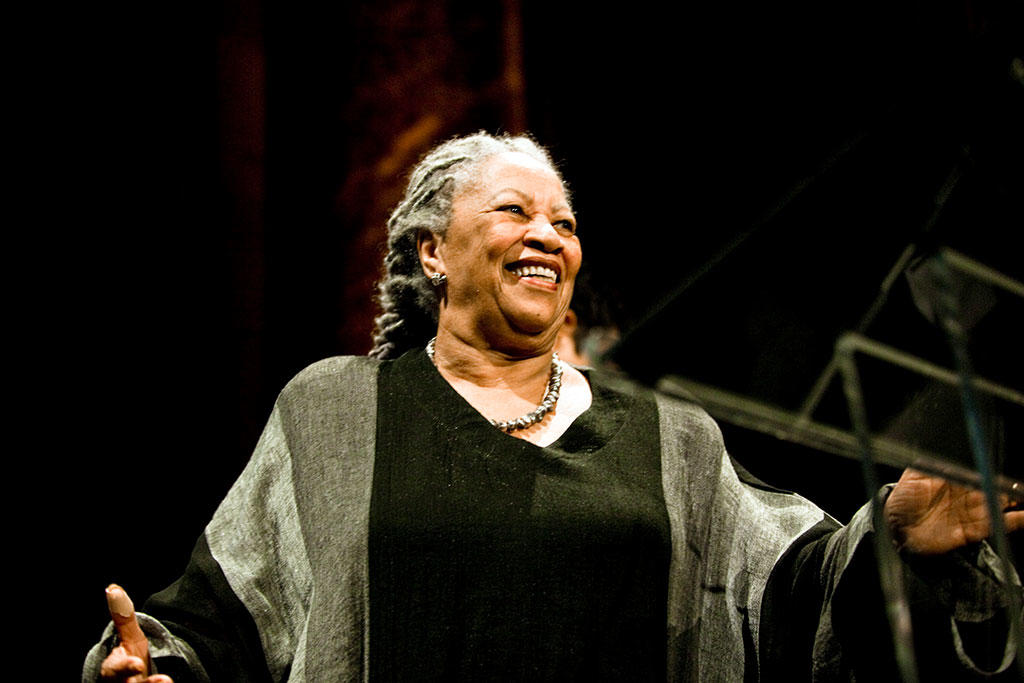I had the good fortune to meet Toni Morrison at the United Nations in June 2002. She delivered the inaugural lecture in a series of public lectures established by fellow Nobel laureate Kofi Annan, then secretary-general of the United Nations. Annan established the lectures to bring different perspectives to the U.N. and to strengthen the sense of community among U.N. staff and diplomats of member states. Morrison, who passed away last week at the age of 88, was an instinctive choice to launch the series. As Annan said on that memorable occasion: “Literature has the power to transform us in ways that politics never can. And few writers have demonstrated that power more magically than Toni Morrison, in her wonderful novels.”

It was a measure of Toni Morrison’s international acclaim that the U.N. chamber was filled to capacity and additional guests had to be provided seating in a spill-over room. The wounds from the tragic events of September 11 were still fresh. The implications of the terrorist attacks for the United States, the United Nations, and the world were being vigorously debated. The U.N. was experiencing a rare moment in its complex history: a brief period of global unity before the deep divisions over the Iraq war cast their shadow over the organization.
Toni Morrison, the contemporary storyteller, used the ancient story of Beowulf as her text for a subtle and perceptive critique of the language of war and militant oratory. She contrasted warrior discourse with the language of nonviolence, peaceful resistance, negotiation, and diplomacy. “Leaders who find war the sole and inevitable solution to disagreement, displacement, aggression, injustice,” Morrison warned the audience, were an impediment to a more peaceful, just world.
Articulating the role that language played in politics and violence was among her many great contributions to American life. For Morrison, language was just as much political as poetic. “Oppressive language does more than represent violence; it is violence; does more than represent the limits of knowledge; it limits knowledge,” said Morrison in her 1993 lecture, after becoming the first African-American woman to win the Nobel Prize in Literature. In the end, “We die. That may be the meaning of life,” Morrison said. “But we do language. That may be the measure of our lives.”
Some years after the U.N. speech, my edited collection on the lecture series, The Brilliant Art of Peace: Lectures from The Kofi Annan Series, was published by USIP Press. I chose the title from Toni Morrison’s lecture: “I am convinced that the language that has the most force, that requires the most acumen, talent, grace, genius, and yes, beauty, can never be, will never again be, found in paens to the glory of war or erotic rallying cries to battle. The power of this alternative language does not arise from the tiresome, wasteful art of war, but, rather, from the demanding, brilliant art of peace.”
Toni Morrison was an inspiration to millions of people in the United States and around the world. She will be remembered as long as literature is read, guiding us and future generations toward the timeless and transcendent, and a more peaceful world.
Abiodun Williams is professor of the practice of international politics and director of the Institute for Global Leadership at Tuft University’s Fletcher School of Law and Diplomacy. From 2008 to 2012, he was the senior vice president of USIP’s Center for Conflict Management.




